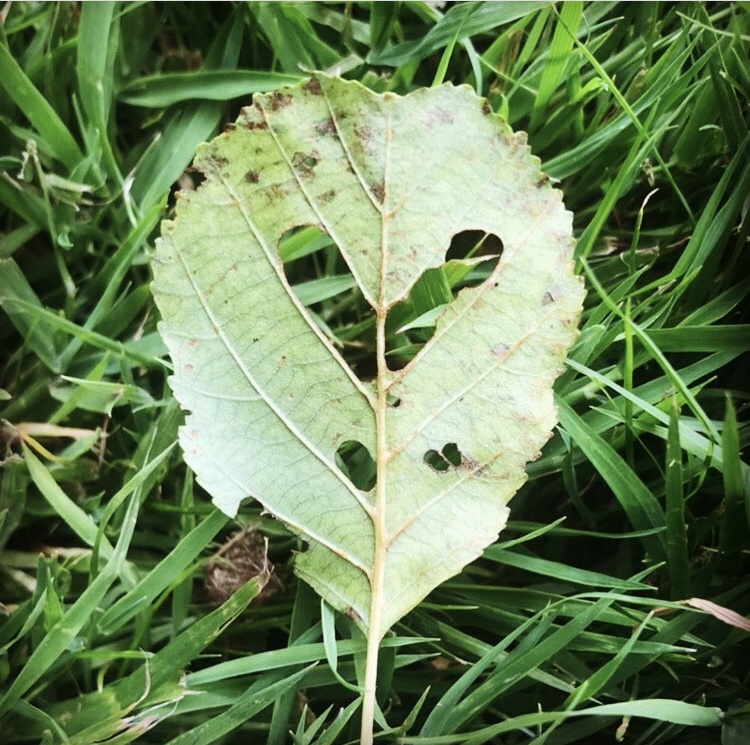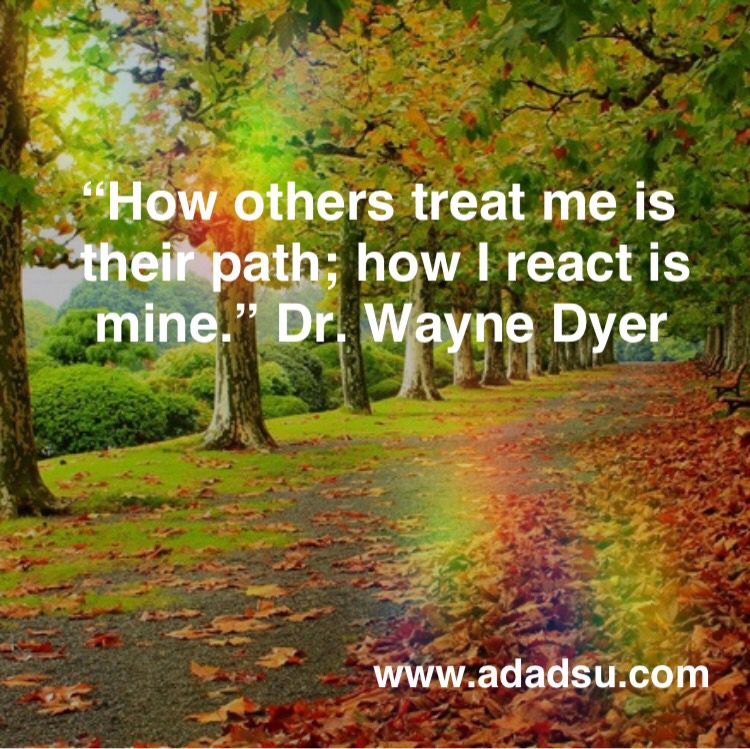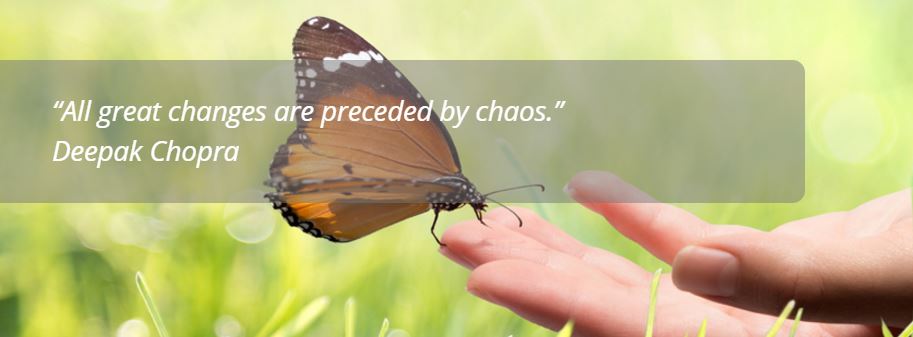Written by Lara Just – May 2018…
We may have heard of the saying that relationships come into our lives for a season, a reason or a lifetime. But what does this actually mean? This blog article explores if there is any learning for us in this for our relationships, and for what purpose they may enter our lives.

Relationships can mean friendships, romantic relationships, or relationships with colleagues, family members or even when we meet strangers. Here, I want to particularly look at those that have a deep or lasting impact on us. Some people might call these soul mate connections. Relationships or soulmate relationships can come in many different forms. It can be helpful to see them as what they are, as well as that can carry unique reasons for us to learn more about ourselves and grow. They may enter our lives in different forms, at different times and for different lengths of time.
Looking at this in a more holistic and ‘spiritual’ way, can bring some comfort and understanding especially when feelings within a relationship or the relationship itself changes or comes to an unexpected end.
For example, when people come into our lives for a season, it may be for us to experience great joy, peace or they can make us laugh. Maybe they teach us something that we didn’t know before. This unbelievable amount of enjoyment feels real (and it is!) – but only for a season.
Lifetime friendships or relationships teach us lifetime lessons and help us create and build solid emotional foundations. Our job is to learn what these lessons are, accept them and utilise them in other relationships and areas of our lives.
How can we understand the concept of meeting someone for a reason? We know in psychology that there are often unconscious needs involved, to be met for each other. For example, someone comes into our life to provide us guidance or support, perhaps to help us through tough times, overcome certain hurdles or a persistent issue or personal blockage that we cannot solve alone. They may aid us on an emotional, physical or spiritual level. They may encourage us to consider new career opportunities, change or end existing unhealthy relationships, re-locate and make a new home or a new start. They are there for the reason you need them to be at that point in time.
Then unexpectedly or at an inconvenient time, perhaps without warning or any known wrongdoing on our part, that person does something or says something to bring the relationship to an end. Sometimes they just walk away or act out and we feel forced to make this decision – or sometimes they die.
Their work is done, and our need has been met. However, this may be difficult to realise at that time when we are in the initial shock or our pride and ego has been hurt or old wounds come to the surface as a result. Sometimes we are the one that changes, or we suddenly want to walk away and end the relationship – it works both ways.
Looking at this in a different way, we may come to understand that perhaps all relationships can have some reasons for being part of our journeys, regardless of how long. Even those with our family members can have different reasons for our ‘soul’ journeys to learn certain ‘lessons’ in our lifetime. At times it may feel unfair or unreasonable, or we don’t know what those reasons should be and what we are supposed to learn from them.
However, it can become clearer the more we look at themes and recurring patterns in our relationships. When we have learnt what we needed to learn, the pattern often disappears; we will have learnt our lesson. We can perhaps move on feeling happier, more joyful and peaceful in our lives.
But how do we know what these lessons are supposed to be for us? Unfortunately, there is no black and white answer. We don’t know, we often can’t know, and first and foremost we can’t control it. We can only be in the moment and trust that whatever is happening at each moment in time is happening as it feels real and make moment by moment choices (does it ‘feel’ right or doesn’t it and how can be communicate this or act on it or be with it). ‘Trusting’ may be challenging in itself for some of us. However, it can give a different sense of perspective and perhaps some relief, if we can make it not so much about the other person, but about the ‘process’ that it is there for a reason or the purpose to help us grow and become more of who we are meant to be. And of course, we can often only tell and understand more when looking back.
Each of our relationships (if for a season, a reason or a lifetime) can have a distinctive feeling about them and we just ‘know’ that something within us changed the moment we met – or left them, often leaving a deep impact on us.
Some people like to call this perhaps encounters with ‘soulmate connections’. When we feel someone is our soulmate, what’s is actually happening is that we experience them like mirrors that reflect back to us our deepest fears, insecurities, flaws and where our unhealed wounds lie. But they also reflect back to us our true uniqueness, strengths and beauty. They can teach us to love more deeply and without expectations. Soulmates can wake each other up by bringing specific challenges to the relationship, which require learning about and resolving. They can push us to emotional extremes; or they can also feel like a ‘home’, where we can find each other ‘on the same wave length’ without effort. We may instantly click with someone and these feelings can be very intense, they can awake new desires and passions – to learn something about ourselves.
But other times they can also raise fears – at the possibility of loving someone thoroughly or being loved in ways that we were unfamiliar with. We may even be terrified to fall for someone too much and then losing it all. Shame and needs being unleashed that may feel unsafe. This can make us act out in unconscious and self-destructive ways, and end a relationship before it has begun or could go deeper, as we unconsciously and wrongly believe that we are unworthy of this type of love or the other person’s affections in this way.
No matter how long a relationship with a person will last, it can help us to open up more to our challenges, while also making peace with the fact that not everyone that comes our way is meant to stay, however intense and ‘real’ it may have felt during its time.
This doesn’t mean that endings and changes to any kind of relationships are not painful. Especially when the other person chooses to exit a relationship quite sharply, and by someone who we have imagined being happy with for a long period of time. It is hard to release and let go in these moments. And even if there is a deeper sense knowing that it is the right thing, it may often be more our attachment to the ‘idea’ of an imagined future.
It can be important to focus on what is happening in our lives currently at this moment. It can give clues about why something may be happening. It is learning to let go of focussing sorrowfully on the future or the past and instead to appreciate the moments we shared.
Again, this can feel very difficult if we can’t yet see beyond the hurt of being unfairly treated, disrespected or still hold anger, resentment or other pain. But when we start to explore the reasons for this relationship to form and blossom at the time, how we changed and what else changed in our lives throughout, and who we feel we are now, can help us discover and perhaps even understand some of the lessons. Even if it seems hard to get back to ourselves and the ‘now’, is it even possible for us to ‘trust the universe’ for having given us quite a clear and unmistakable message, that our path has changed or needs changing to be able to go forward.
Regardless if someone stays for ‘a season, a reason or a lifetime’ – is a lover, a friend, family member, or a stranger that we have only met for a few moments, the exchange and their essence can leave a lasting impression and we can feel this often intensely. When we understand the reasons why certain people show up (or disappear) at particular times in our lives, we can begin to learn about their significance they have on us as a person, our ‘soul journeys’ and our future relationships.
If we are willing to look at our relationships in a different way, it can provide us with new clarity, hope and opportunities. Opportunities to learn more about ourselves, for new forgiveness, compassion and different ways to love more intimately – not just others but especially also ourselves. And to be reminded again and again to finding a way back to ourselves and be ourselves and be true to ourselves, aligned to our own values, as much as we can. To be more of ourselves within current existing or future relationships and friendships. And if we feel we can’t – to consider that ‘change’ (with all its possible grief and pain) is a necessary part of the process to allow the continuation of our life journey.
For more on similar themes, have a look also at our other blog at The Walking Therapist.
If you have any questions or comments, or would like to consider some support in what you are going through right now, feel free to contact me!



